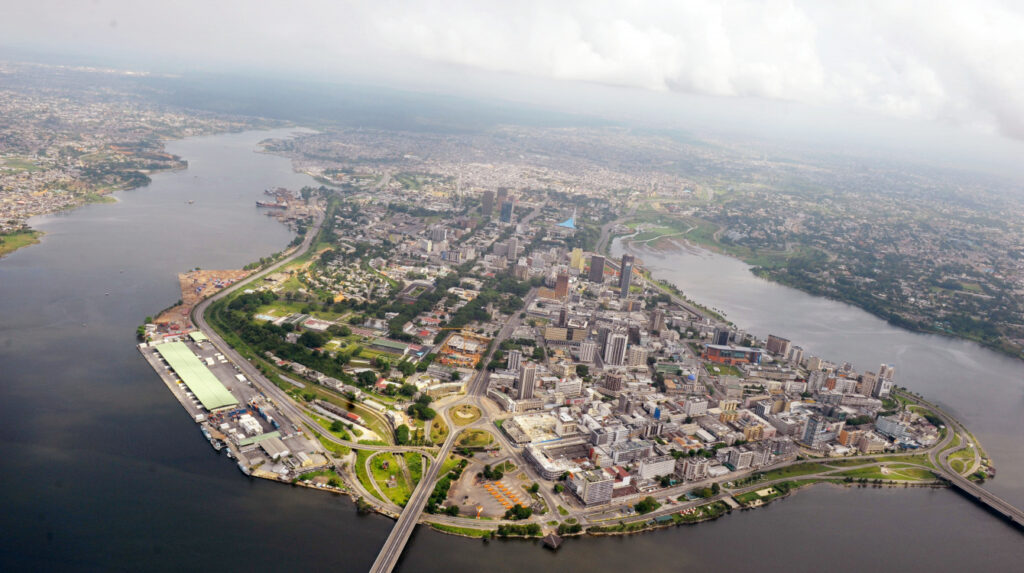
In a decisive move to address the mounting environmental pressures posed by climate change, Ivory Cost has announced a revision of its national climate targets, raising its greenhouse gas (GHG) emissions reduction goal to 30.41% by 2030—an increase from the previous target of 28.25%.
The announcement followed a Council of Ministers meeting on Wednesday, where a communication on the current state of the country’s environment was adopted.
Despite Ivory Cost’s relatively low emission levels, officials acknowledged that the West African nation remains heavily impacted by climate-related disruptions.
“In recent years, Ivory Cost has experienced economic and demographic growth that has put negative pressure on the environment, despite measures taken to reduce its greenhouse gas emissions,” the government stated.
The updated strategy is embedded in the country’s revised Nationally Determined Contributions (NDCs), submitted in 2022, and now forms the basis for the upcoming NDC 3.0—a forward-looking initiative to deepen climate resilience and sustainability nationwide.
So far, 180 mitigation initiatives targeting emissions reduction and 90 adaptation projects aimed at protecting ecosystems, infrastructure, and vulnerable communities have been implemented.
These efforts reflect the government’s growing commitment to not only reduce emissions but also adapt to the realities of a warming climate.
Amadou Coulibaly, spokesperson for the Ivorian government, emphasized that Ivory Cost has built a solid institutional and legal framework to support environmental protection.
“Ivory Cost has, moreover, equipped itself with an appropriate institutional and legal framework for environmental management,” he said.
The forthcoming NDC 3.0 package is designed to reinforce the country’s long-term strategy of building resilient communities, safeguarding biodiversity, and ensuring sustainable development.
As environmental instability continues to threaten economic and social systems, this bold revision places Ivory Cost among the regional frontrunners in climate responsibility and environmental governance.



